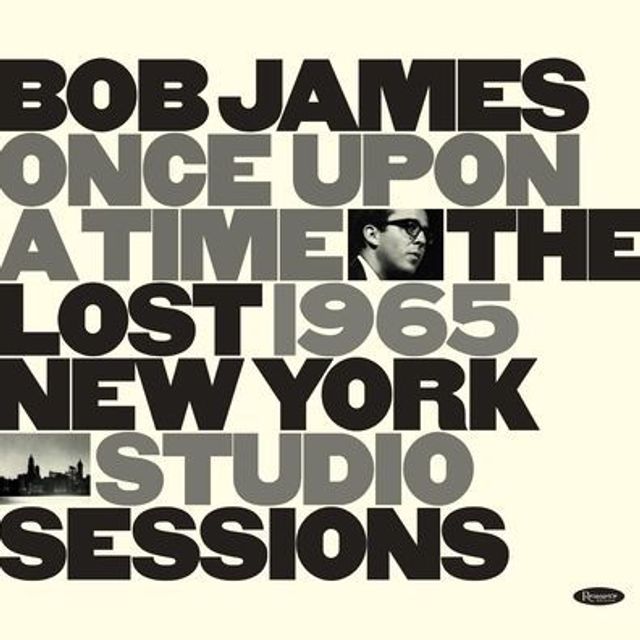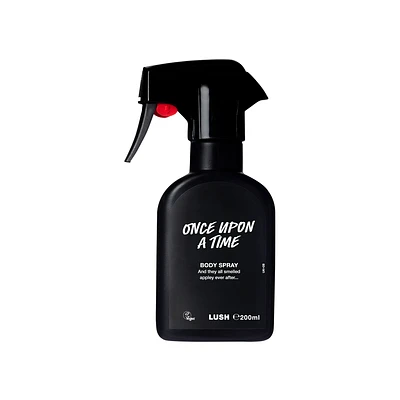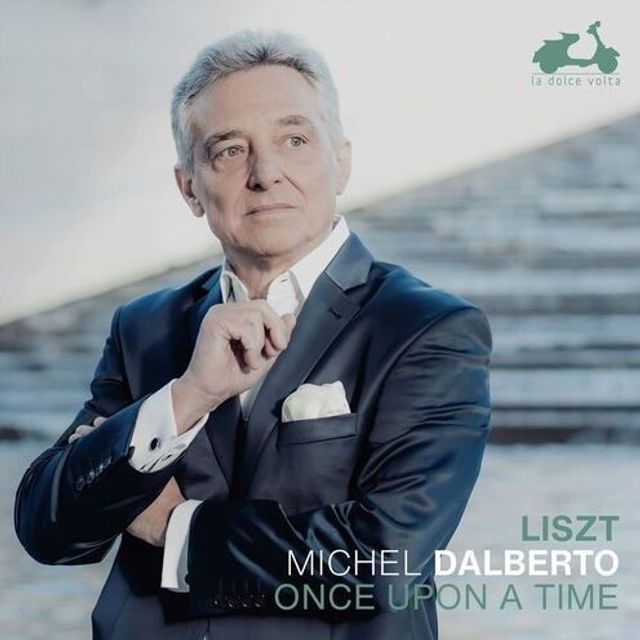Home
Once Upon a Time: The Lost 1965 New York Studio Sessions
Barnes and Noble
Once Upon a Time: The Lost 1965 New York Studio Sessions
Current price: $18.99


Barnes and Noble
Once Upon a Time: The Lost 1965 New York Studio Sessions
Current price: $18.99
Size: CD
Loading Inventory...
*Product information may vary - to confirm product availability, pricing, shipping and return information please contact Barnes and Noble
The superb archival collection
Once Upon a Time: The Lost 1965 New York Studio Sessions
finds acclaimed pianist
Bob James
leading two separate trio dates during the early years of his career. Recorded by
Resonance Records
' founder and co-president
George Klabin
while a freshman at Columbia University, the recordings capture
James
during a period in which he was working as a sideman with singer
Sarah Vaughan
and before he had established himself as a titan of crossover jazz, funk, and pop. These sessions came two years after his debut, 1962's
Bold Conceptions
, and were recorded the same year he released his sophomore studio album, 1965's
Explosions
. Perhaps not surprisingly then,
Once Upon a Time
is an almost perfect balance between the hard-swinging sophistication of his debut and the more avant-garde experimentalism of his follow-up.
The first session here, recorded in January of 1965, finds
backed by a fellow
Vaughan
bandmate, bassist
Larry Rockwell
, as well as drummer
Robert Pozar
, whom
had known since his days at the University of Michigan. Following the dusky, minor-tinged "Serenata,"
quickly moves to more outre material, digging into edgy architectural harmonies on the
Thelonious Monk
-sounding "Once Upon a Time." Most interesting are the free-leaning "Lateef Minor 7th" and "Variations," both of which find the pianist straddling the line between lyrical pop melodicism and avant-garde soundscapes. "Lateef" starts with a jaunty melody that seems to prefigure
' work in the '70s composing songs like his theme to the TV show Taxi and crossover covers like "Feel Like Making Love." However, the track soon begins to fray at the edges as
leads his trio into an improvised cacophony of skittering cymbal crashes, dissonant piano chords, and nervy bowed bass, before returning to the song's main theme at the end. Equally boundary-pushing is "Variations," a spare, classical ballad punctuated by eerie spinning metal plate noises, percussive bass knocks, and
' own crystalline piano accents.
The second session, recorded in October of 1965, is more straight-ahead with
backed by Detroit-born bassist
Bill Wood
and drummer
Omar Clay
(also a member of
's band). Together, they play in an adroit, hard bop style, digging into several standards, including a nuanced version of
Miles Davis
' "Solar" and a speedy reading of
Sonny Rollins
' "Airegin." We also get a gorgeous rendition of the classic
Victor Herbert
ballad "Indian Summer." While
would go on to achieve his biggest successes in the crossover jazz field,
further underlines just how willing he was to both play by and significantly bend the rules of jazz early in his career. ~ Matt Collar
Once Upon a Time: The Lost 1965 New York Studio Sessions
finds acclaimed pianist
Bob James
leading two separate trio dates during the early years of his career. Recorded by
Resonance Records
' founder and co-president
George Klabin
while a freshman at Columbia University, the recordings capture
James
during a period in which he was working as a sideman with singer
Sarah Vaughan
and before he had established himself as a titan of crossover jazz, funk, and pop. These sessions came two years after his debut, 1962's
Bold Conceptions
, and were recorded the same year he released his sophomore studio album, 1965's
Explosions
. Perhaps not surprisingly then,
Once Upon a Time
is an almost perfect balance between the hard-swinging sophistication of his debut and the more avant-garde experimentalism of his follow-up.
The first session here, recorded in January of 1965, finds
backed by a fellow
Vaughan
bandmate, bassist
Larry Rockwell
, as well as drummer
Robert Pozar
, whom
had known since his days at the University of Michigan. Following the dusky, minor-tinged "Serenata,"
quickly moves to more outre material, digging into edgy architectural harmonies on the
Thelonious Monk
-sounding "Once Upon a Time." Most interesting are the free-leaning "Lateef Minor 7th" and "Variations," both of which find the pianist straddling the line between lyrical pop melodicism and avant-garde soundscapes. "Lateef" starts with a jaunty melody that seems to prefigure
' work in the '70s composing songs like his theme to the TV show Taxi and crossover covers like "Feel Like Making Love." However, the track soon begins to fray at the edges as
leads his trio into an improvised cacophony of skittering cymbal crashes, dissonant piano chords, and nervy bowed bass, before returning to the song's main theme at the end. Equally boundary-pushing is "Variations," a spare, classical ballad punctuated by eerie spinning metal plate noises, percussive bass knocks, and
' own crystalline piano accents.
The second session, recorded in October of 1965, is more straight-ahead with
backed by Detroit-born bassist
Bill Wood
and drummer
Omar Clay
(also a member of
's band). Together, they play in an adroit, hard bop style, digging into several standards, including a nuanced version of
Miles Davis
' "Solar" and a speedy reading of
Sonny Rollins
' "Airegin." We also get a gorgeous rendition of the classic
Victor Herbert
ballad "Indian Summer." While
would go on to achieve his biggest successes in the crossover jazz field,
further underlines just how willing he was to both play by and significantly bend the rules of jazz early in his career. ~ Matt Collar


















